Certificates of deposit, commonly referred to as CDs, are making a big comeback in popularity. CD rates were very low for a while, averaging just 0.41% for a five-year CD in November of 2020. However, CD rates are looking quite attractive now as the Federal Reserve continues to raise the federal funds rate.
You’ll often see CDs lumped into the same “savings” bucket on bank and credit union websites. While CDs are savings tools, they have some differences versus traditional savings accounts. First, CDs have fixed interest rates: When you open one, you lock in that rate until the CD reaches maturity while savings rates can fluctuate. Second, traditional CDs will penalize you if you need to withdraw the money early.
CDs come in a wide range of term lengths, including nine-month CDs.
What is a 9-month CD?
A nine-month CD is just what it sounds like: If you open one in November, you’ll need to leave the money parked there until August, which is nine months away. Banks and credit unions are loaning that money out in the meantime, which is why they’ll pay you a higher rate for promising not to access the cash. (Don’t worry; the money, up to $250,000 per depositor, is protected thanks to FDIC and NCUA insurance).
The longer you’re willing to lock your money away, the bigger the reward you stand to gain. With that in mind, nine-month CDs tend to offer higher rates than three- and six-month CDs, but also tend to be lower than CDs with longer terms like 18 months and two years.
CNET’s picks for the best 9-month CD rates
Best 9-month CD rates
| Bank/credit union | APY | Minimum deposit |
|---|---|---|
| TAB Bank | 3.56% | $1,000 |
| Sallie Mae Bank | 3.55% | $2,500 |
| Synchrony Bank | 3.30% | None |
| Marcus by Goldman Sachs | 3.30% | $500 |
| Vio Bank | 3.00% | $500 |
| Randolph-Brooks Federal Credit Union | 2.99% | $1,000 |
| Ally Bank | 2.85% | None |
| Capital One | 2.70% | None |
| Discover | 2.35% | $2,500 |
| TIAA Bank | 2.05% | $1,000 |
Note: Annual percentage yields, or APYs, shown are as of Nov. 10, 2022. CNET’s editorial team updates this information regularly, typically biweekly. APYs may have changed since they were last updated and may vary by region for some products.
More details on the best 9-month CD rates
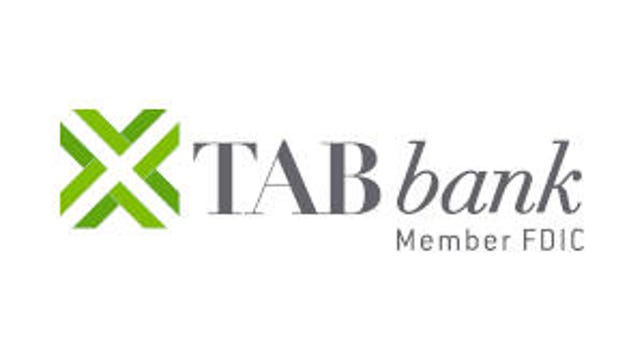
TAB Bank
- APY: 3.56%
- Minimum deposit: $1,000
- Early withdrawal penalty: 90 days of interest on the amount withdrawn
TAB stands for Transportation Alliance Bank, which explains the bank’s initial mission to serve truckers and other employees in the transportation industry. Now, TAB Bank serves anyone who wants to find a more competitive savings product. The bank has been in business since 1998, and it also offers a high-yield savings account, money market account and a unique debit card that offers fractional stock rewards.

Sallie Mae Bank
APY: 3.55%
Minimum deposit: $2,500
Early withdrawal penalty: 90 days of simple interest on the amount withdrawn
Sallie Mae is best known for its student loans, but the company also offers a range of financial products including money market accounts, high-yield savings accounts and certificates of deposit with terms from six months to five years.
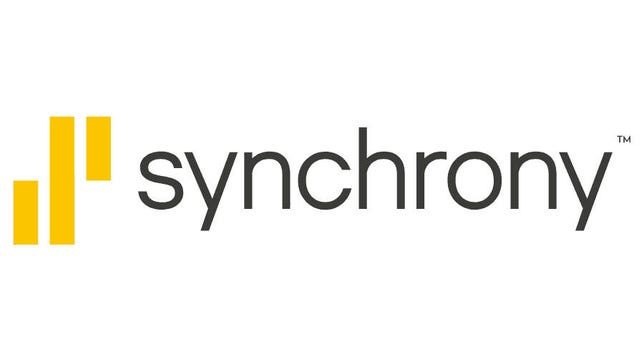
Synchrony Bank
- APY: 3.30%
- Minimum deposit: None
- Early withdrawal penalty: 90 days of simple interest
Synchrony Bank offers CDs, money market accounts and high-yield savings accounts. All of its products come with no minimum deposit requirements. If the nine-month CD isn’t right for you, you may want to check out Synchrony’s 24-month bump-up CD or the bank’s 11-month no-penalty CD.
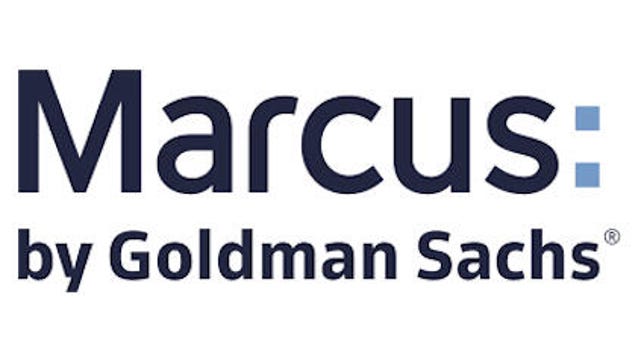
Marcus by Goldman Sachs
- APY: 3.30%
- Minimum deposit: $500
- Early withdrawal penalty: 90 days of simple interest
In addition to standard CDs, Goldman Sachs’ online banking company offers bump-up and no-penalty CDs. If you’re worried about early withdrawal penalties or minimum deposit requirements, check out the bank’s high-yield savings account that pays 3% and has no minimum balance rules.
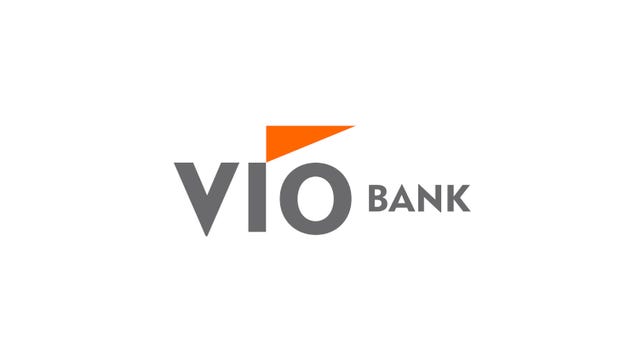
Vio Bank
- APY: 3.00%
- Minimum deposit: $500
- Early withdrawal penalty: 1% of the amount withdrawn, plus a $25 fee
Vio Bank offers CDs with terms between six months and five years. The bank’s best rates are offered up to 36 months; CDs with longer terms actually have lower yields. Vio’s money market savings account is a sweeter deal than the nine-month CD, though. It has a 3.52% APY with just a $100 minimum to open.

Randolph-Brooks FCU
Randolph-Brooks Federal Credit Union
- APY: 2.99%
- Minimum deposit: $1,000
- Early withdrawal penalty: 30 days of interest
Randolph-Brooks Federal Credit Union is based in Texas, operating more than 60 branches in the Lone Star State. The credit union offers CDs with terms from six months to seven years.
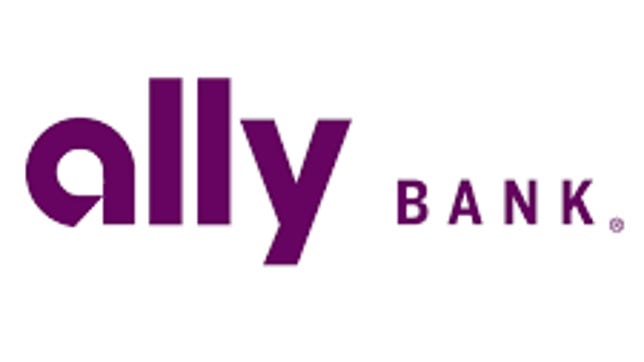
Ally
- APY: 2.85%
- Minimum deposit: None
- Early withdrawal penalty: 60 days of interest
In addition to traditional CDs, Ally Bank offers more flexible CDs like a Raise-Your-Rate CD and a No-Penalty CD. The bank also offers other financial products including credit cards, mortgages, auto loans and investing tools.
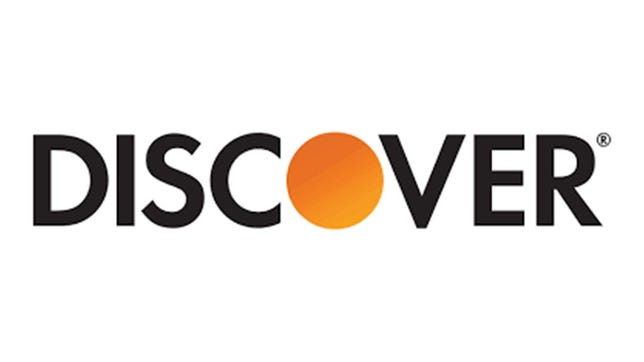
Discover
- APY: 2.85%
- Minimum deposit: $2,500
- Early withdrawal penalty: Three months of simple interest
Discover’s cash-back credit cards are the company’s main product, but the bank’s portfolio of savings products includes CDs, money market accounts and an online savings account that has no minimum deposit and no monthly fees.
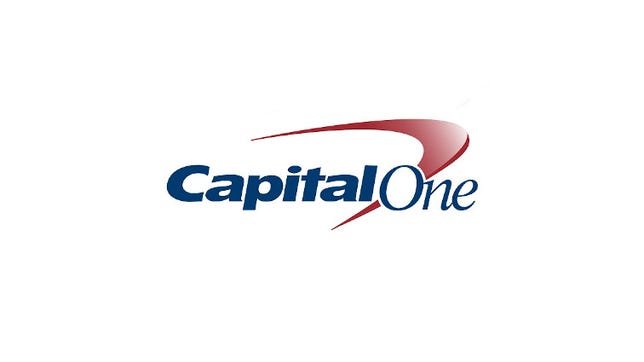
Capital One
- APY: 2.70%
- Minimum deposit: None
- Early withdrawal penalty: Three months of interest
While you’re likely familiar with credit card commercials from Capital One asking “What’s in your wallet?,” the bank’s lineup of CDs aims to put some money back in that wallet. Terms range from six months to five years.
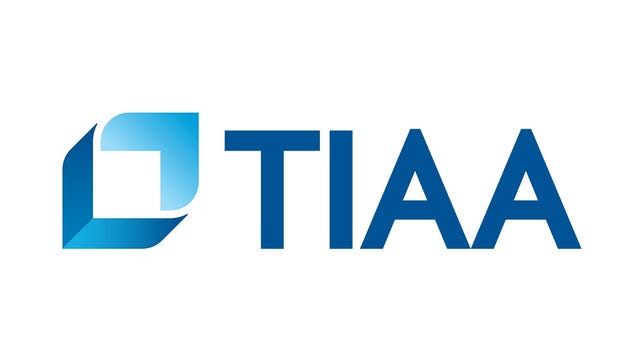
TIAA
- APY: 2.05%
- Minimum deposit: $1,000
- Early withdrawal penalty: Withdrawal penalties apply, but specifics aren’t disclosed on the TIAA website.
TIAA Bank offers traditional CDs with terms that range from three months to five years. Additionally, the bank has a 3.5-year bump-up CD with a slightly higher minimum deposit of $1,500. The bank offers a longer grace period of 20 days that gives extra time for you to determine what to do with your funds at the maturity date.
FAQs
Why should I get a 9-month CD?
A nine-month CD is a great short-term savings product. For example, if you’re trying to build up a down payment fund to buy a house within the next year, a nine-month CD can be a helpful tool to reach your goal. Another reason to get a nine-month CD is to train yourself to avoid touching your savings. The additional hurdles and penalties to access the funds in a CD can help avoid the temptation to spend the cash.
How should I choose a 9-month CD?
The best nine-month CD rates tend to be at banks and credit unions that don’t have many in-person branch locations. So, you’ll want to compare options at places where you can easily open an account online. Additionally, make sure you read the fine print about withdrawal penalties and grace periods. Grace periods are the time after the CD matures when you have the option to withdraw the funds; if you aren’t paying attention, the CD will probably renew automatically and lock you into another nine-month term.
What are the fees and penalties associated with a 9-month CD?
Most CDs don’t come with fees; in fact, you shouldn’t bother opening one that charges any fees for account maintenance. However, there are early withdrawal penalties, which will require you to forfeit a portion of your interest earnings.
Can I lose money buying a 9-month CD?
As long as you don’t withdraw the money before the nine-month period is up, you won’t lose money. CDs come with insurance protection from the Federal Deposit Insurance Corporation or the National Credit Union Administration that keeps up to $250,000 of your funds safe in the unlikely event that the bank fails. The fixed-interest rate means that you’ll make money as long as you abide by the timeline.
What are the alternatives to a 9-month CD?
In addition to a nine-month CD, there are plenty of no-penalty CDs that pay competitive rates without the added concern of a slap on the wrist if you need to withdraw the cash early. Rates for high-yield savings and money market accounts have been increasing steadily, too. Make sure to compare those options — which don’t have early withdrawal penalties — at lesser-known online banks and credit unions.
Methodology
CNET reviews CD rates based on the latest APY information from issuer websites. We evaluated CD rates from more than 50 banks, credit unions and financial companies. We selected the CDs with the highest APY for six-month terms from among the organizations we surveyed.
Banks surveyed include: Alliant Credit Union, Ally Bank, America First Credit Union, American Express National Bank, Axos Bank, Bank of America, Bank of the West, Bank5 Connect, Barclays, BMO Harris, Bread Savings, BrioDirect, Capital One, CFG Community Bank, Citizens Access, Colorado Federal Savings Bank, Connexus Credit Union, Consumers Credit Union, Discover Bank, First Internet Bank of Indiana, First Tech Federal Credit Union, FNBO Direct, GO2bank, Golden 1 Credit Union, HSBC Bank, Huntington Bank, Lake Michigan Credit Union, LendingClub Bank, Live Oak Bank, M&T Bank, Marcus by Goldman Sachs, Merrick Bank, Nationwide (by Axos), Navy Federal Credit Union, NBKC, OneUnited Bank, Pentagon Federal Credit Union, PNC, Popular Direct, PurePoint Financial, Quontic Bank, Rising Bank, Salem Five Direct, Sallie Mae Bank, Santander Bank, Synchrony Bank, TAB Bank, TD Bank, TIAA Bank, Truist Bank, U.S. Bank, UFB Direct, Union Bank, USAA Bank, Vio Bank and Wells Fargo.

